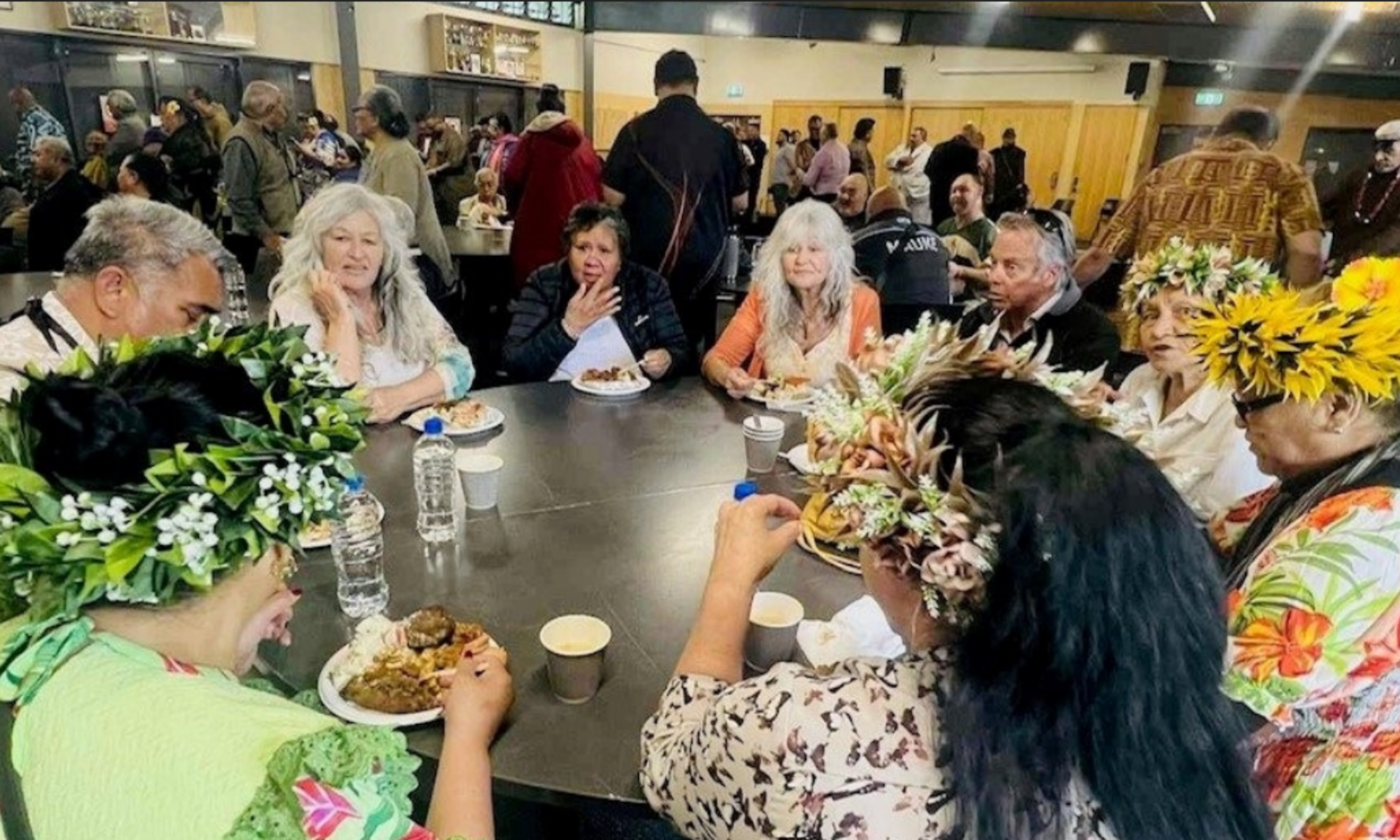

Fiji's Great Council of Chiefs meet to discuss ways villages can build development funds to support their communities.
Photo/FBC
Fijian chiefs call on villagers to target development funds for community resilience
The initiative also aims to involve maritime and coastal villages, and guide intergenerational planning - a call being closely watched by Fijians overseas.

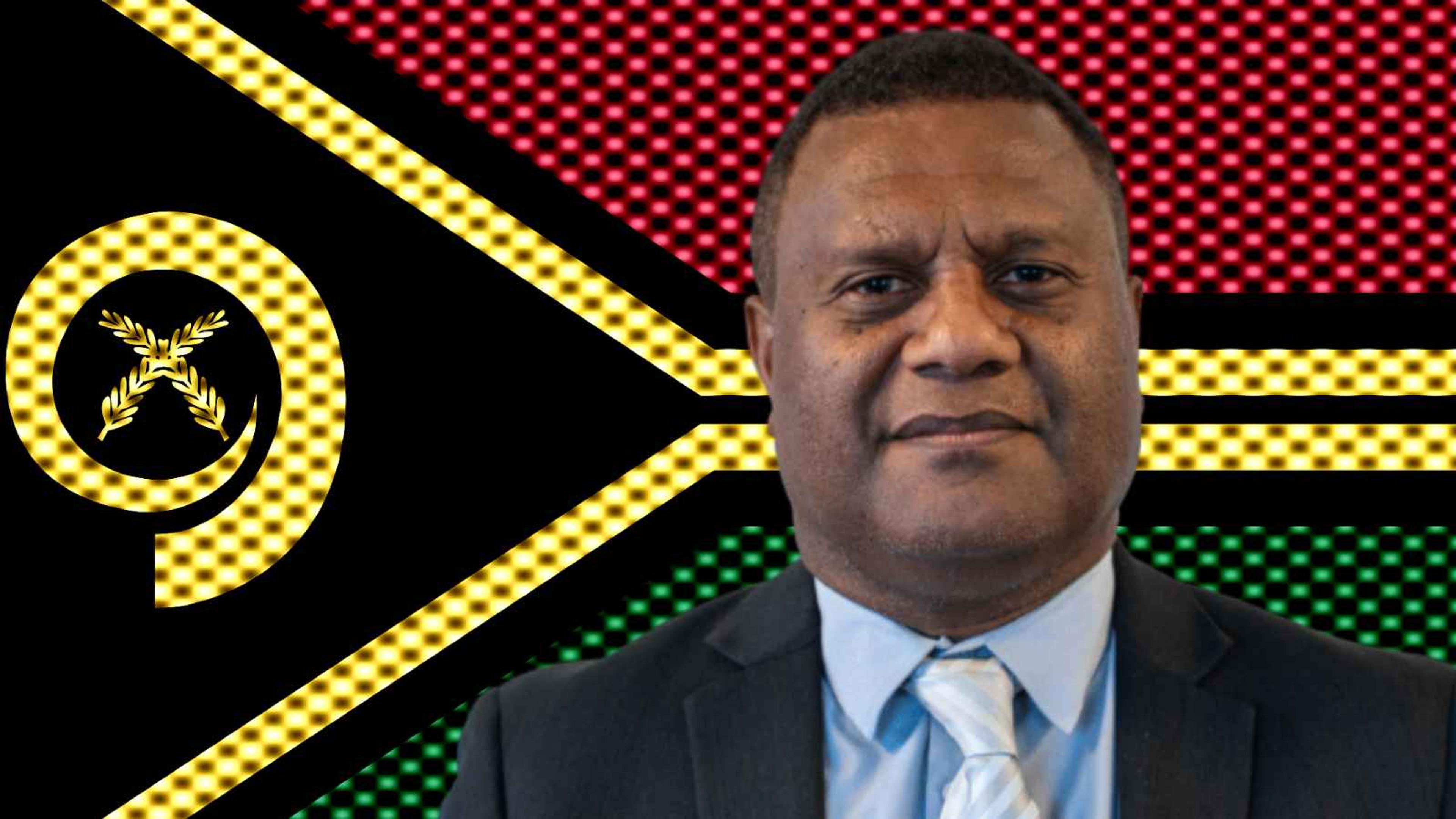
Blacklisting squeeze hits Vanuatu families and businesses, the regulator VFSC warns

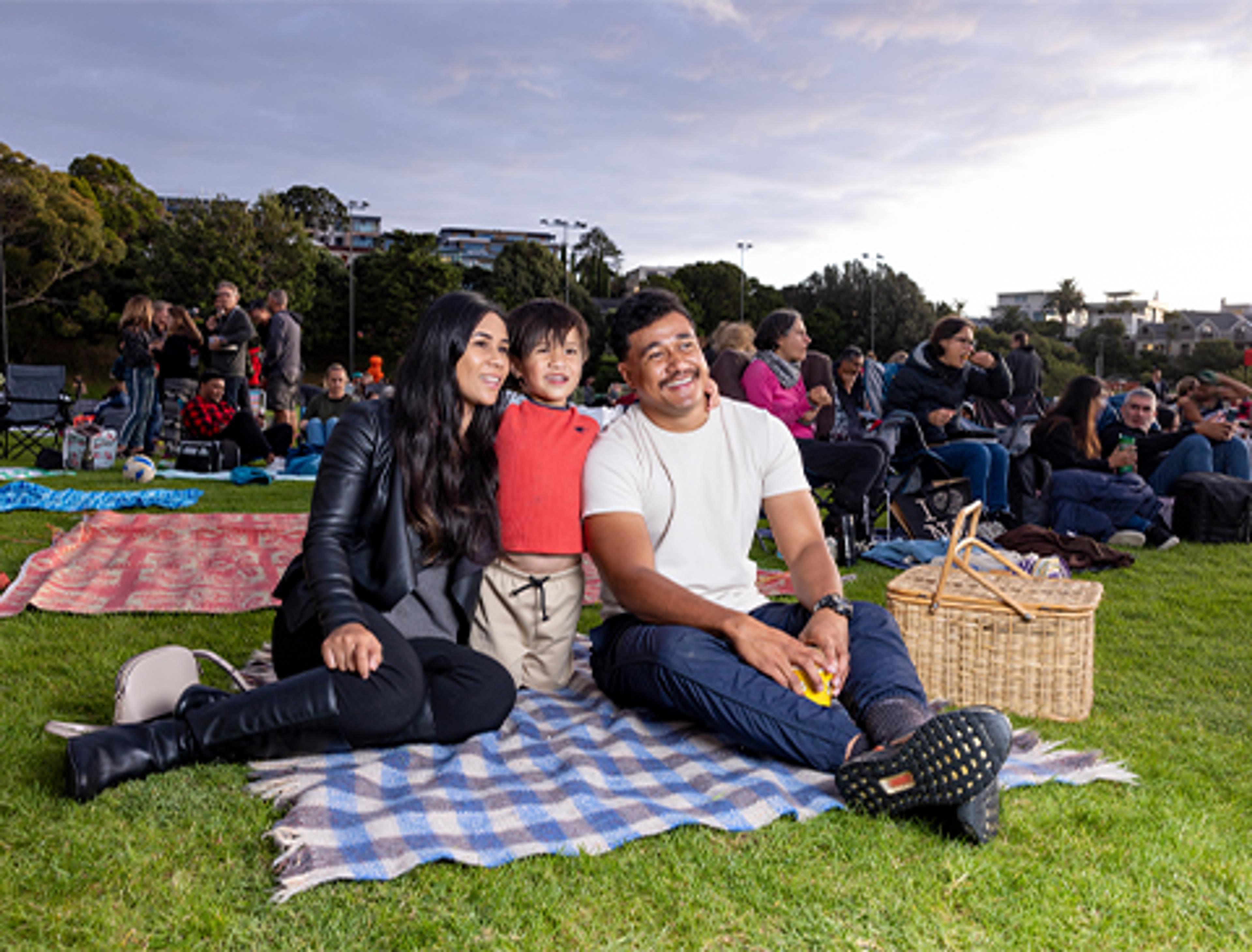
Pack your tissues: Free movies return with Tinā set for South Auckland

Manurewa charity requests $30,000 to keep Pacific seniors monthly gatherings

Blacklisting squeeze hits Vanuatu families and businesses, the regulator VFSC warns


Pack your tissues: Free movies return with Tinā set for South Auckland
Fiji’s Great Council of Chiefs (GCC) has called on villagers across the country to begin building their own development funds - small financial reserves that can support their communities during natural disasters, economic hardship, or major village needs.
The message comes as many Fijians overseas continue to support their home villages through remittances, fundraising, and church networks. Any move towards village-managed funds is likely to affect how diaspora communities engage with Fiji’s development.
The GCC met on Tuesday in Suva and the FBC reports that Chair Ratu Viliame Seruvakula urged villages to think long-term.
“We encourage villages to build their own development funds… maritime communities will also be consulted and included in the process.”
Ratu Viliame says each province would receive guidance, and committees would be formed to ensure transparency and accountability.
But he also emphasised personal responsibility: “We can only provide advice and encouragement. It is up to each community to take responsibility and act decisively for its own future.”
Watch Fiji's Prime Minister Sitiveni Rabuka speak to the media following the opening of the Great Council of Chiefs meeting in Suva.
The chiefs say the initiative will be supported in partnership with the government and is intended to help villages stand on their own during hard times, especially as Fiji faces climate pressures and economic uncertainty.
Many village projects rely on overseas support. Across New Zealand, Australia, and the United States, Fijian communities send money home for village halls, water systems, school repairs, funerals, and church events.
A village fund could change how communities overseas coordinate financial support, either easing pressure or adding new expectations.
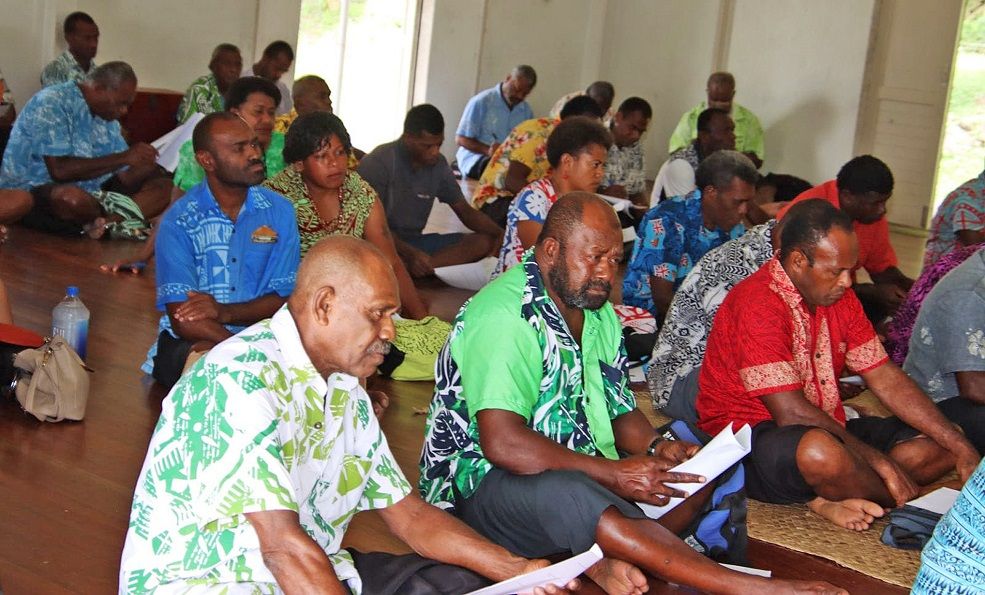
Fijian villagers hold a meeting to plan community projects and development initiatives, which could include their own village funds. Photo/ Itaukei Affairs Ministry, Fiji
Climate resilience is also a shared concern. Fiji’s coastal and maritime villages, many of which have family links to the diaspora in Aotearoa, Australia, and the US, face rising sea levels, cyclones, and erosion.
A stable village fund could help pay for relocation, coastal protection, or emergency rebuilding.
But experts believe transparency will be key. Diaspora groups often raise concerns about how village or provincial funds are managed.
The GCC’s promise of committees and oversight may reassure Pacific families abroad who want to see accountability for the money they send home.
These include strengthening cultural connections. For Fijians overseas working to maintain cultural ties, a village-based development fund could become a practical way to invest in the resilience of their vanua.
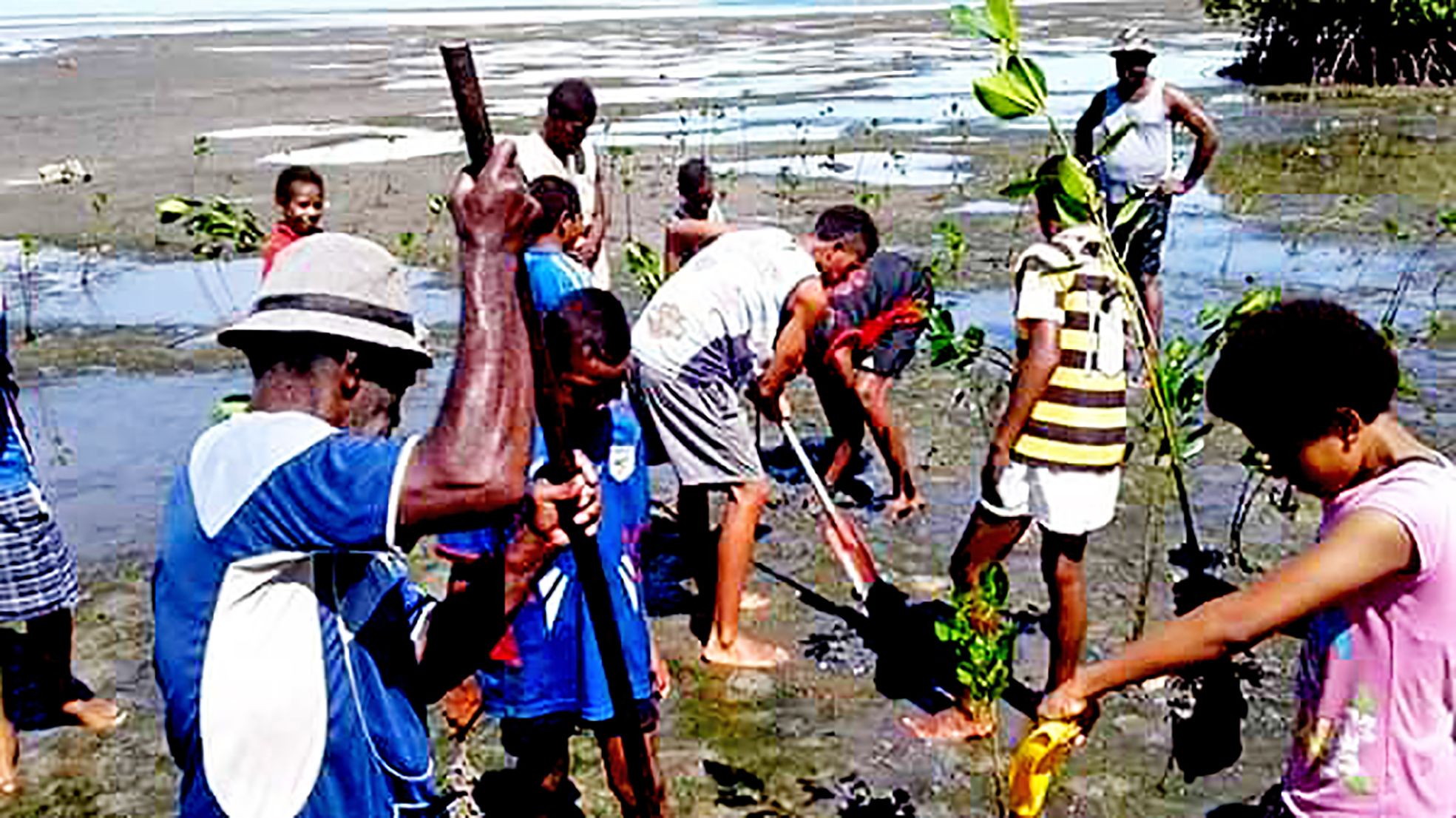
Maritime and coastal villages will be included in the new village fund initiative, helping communities prepare for climate and economic challenges. Photo/Supplied
What the chiefs didn’t say but villagers will be asking
There will be questions about the proposal, including:
Will the government provide seed funding? The GCC mentioned collaboration with the government, but it did not confirm whether villages will receive initial financial support.
How will funds be protected from misuse? Transparency is promised, but oversight structures remain unclear.
How will poorer or remote villages keep up? Some villages, especially in the remote islands, have limited income opportunities.
Will women, youth, and diaspora voices be included? The success of village funds may depend on broad participation, not only traditional leadership.
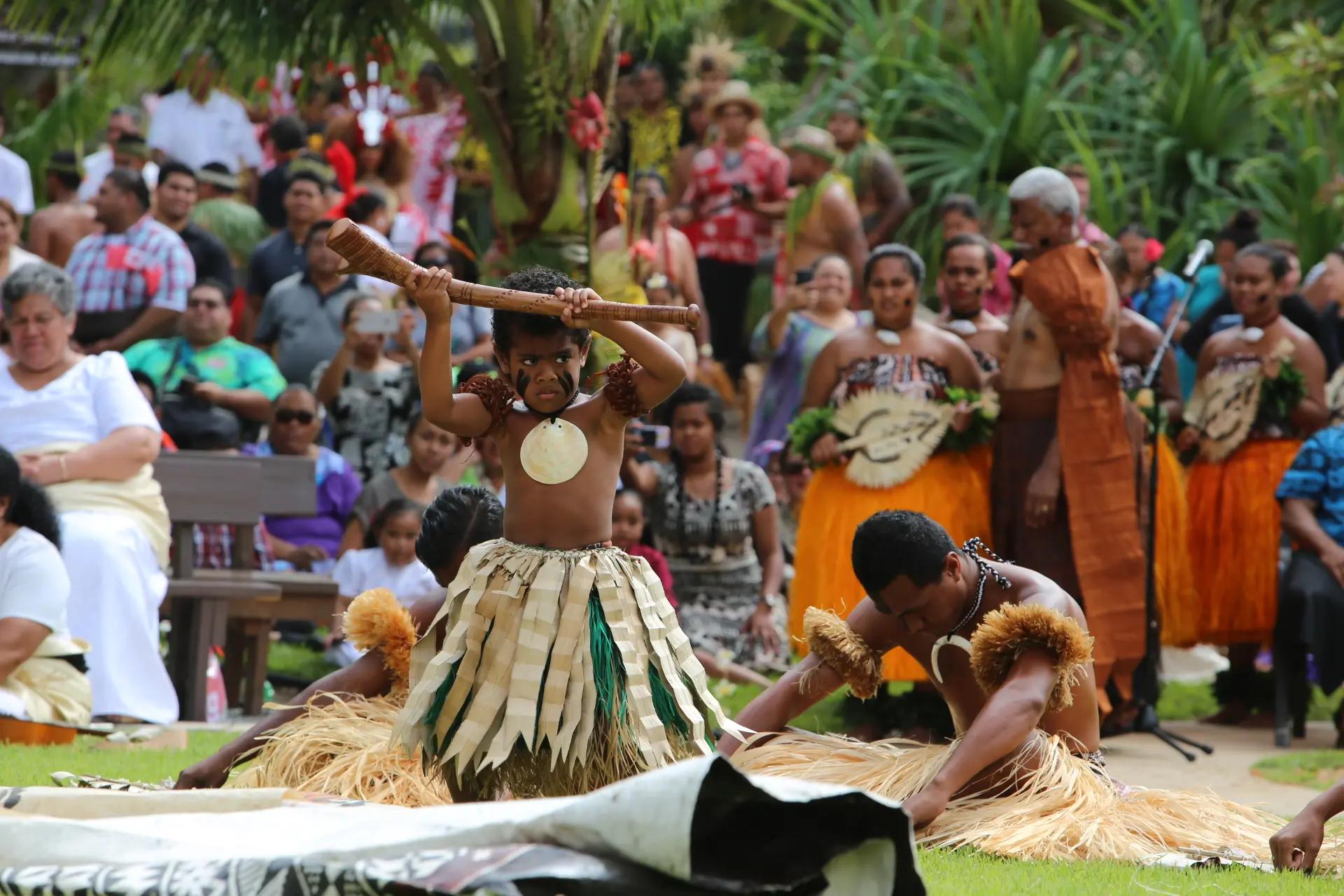
Young people in a Fijian village join elders in community functions, highlighting the importance of intergenerational involvement in village development. Photo/Polynesian Cultural Centre
A turning point for village autonomy
The GCC has made it clear that it will and cannot force villages to raise the money.
“The Great Council of Chiefs cannot compel villagers to generate income; it can only provide advice and encouragement,” Ratu Viliame says.
But he adds that “the time to act is now,” as the country faces changing economic and environmental pressures.
For Fijian families in New Zealand, this initiative could influence how they support their home communities and how their villages plan for the future.
Then, President Ratu Wiliame Katonivere opened the GCC meeting in May 2023.
What Is the Great Council of Chiefs (GCC)?
The Great Council of Chiefs (GCC), or Bose Levu Vakaturaga in Fijian, is one of Fiji’s oldest national institutions. It brings together traditional chiefs from across the country to discuss issues affecting iTaukei (indigenous Fijian) communities and to provide guidance on matters of culture, land, and community leadership.
While the chiefs do not govern the country, their influence is strong in village life and national debates. The GCC is made up of senior traditional leaders from Fiji’s provinces, along with representatives from the Rotuman community.
It advises the government on indigenous affairs, supports villages and provinces with cultural and social issues, protects Fijian traditions and land rights, and provides moral leadership during national challenges.
Established in the colonial era of the 1870s, the council played a major role for more than a century, was suspended in 2007, and officially reinstated in 2023 as it reshapes its role for modern Fiji.
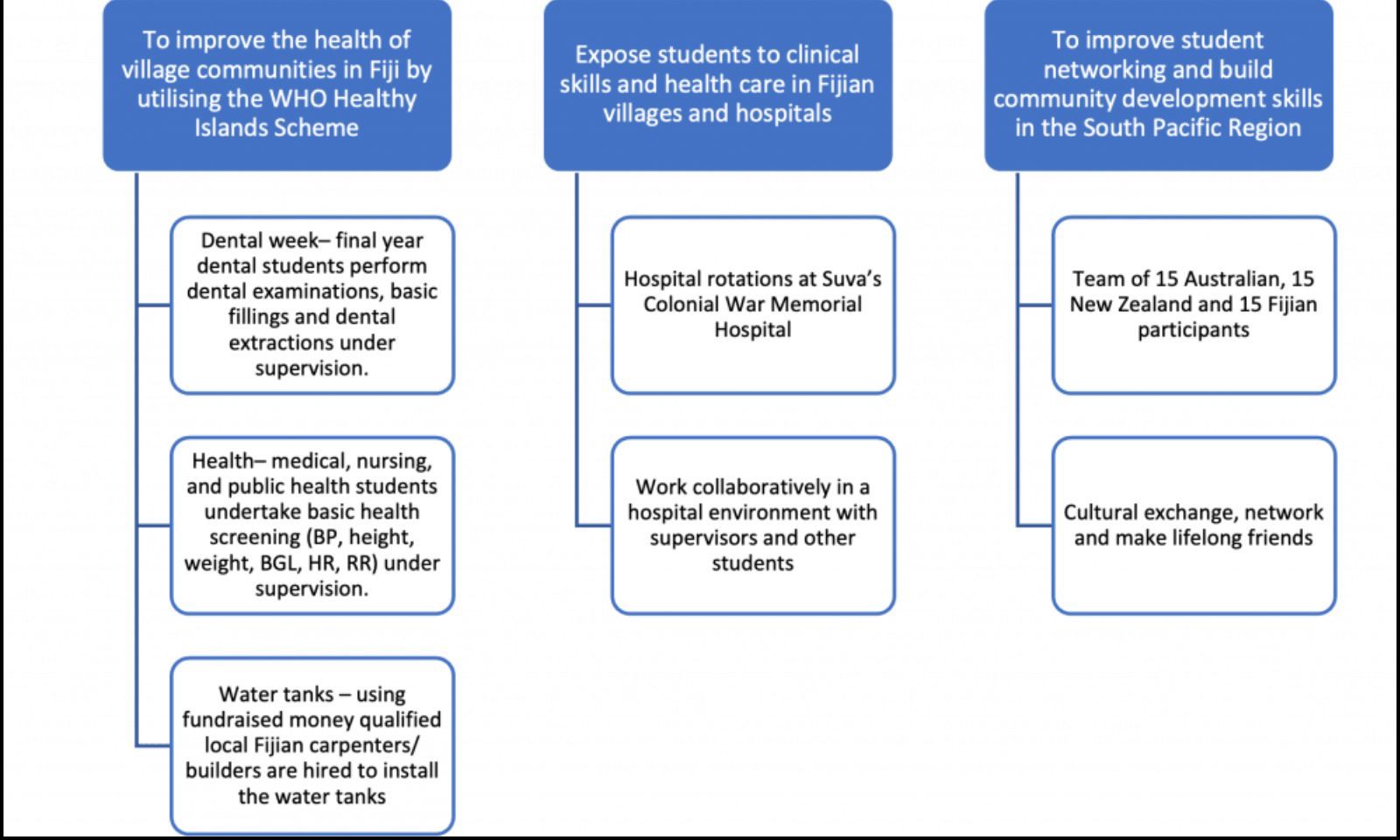
Village development funds aim to give communities financial resilience during disasters or economic hardship. source/https://www.anumss.org
For Fijians living overseas in places like Aotearoa, Australia, and the US, the GCC remains an important cultural authority.
When the chiefs speak, villages and communities listen, and their decisions can influence fundraising, land matters, and development initiatives at home and abroad, making the council relevant not just in Fiji but across the Pacific diaspora.
The Great Council of Chiefs (GCC) meeting ends on Wednesday.